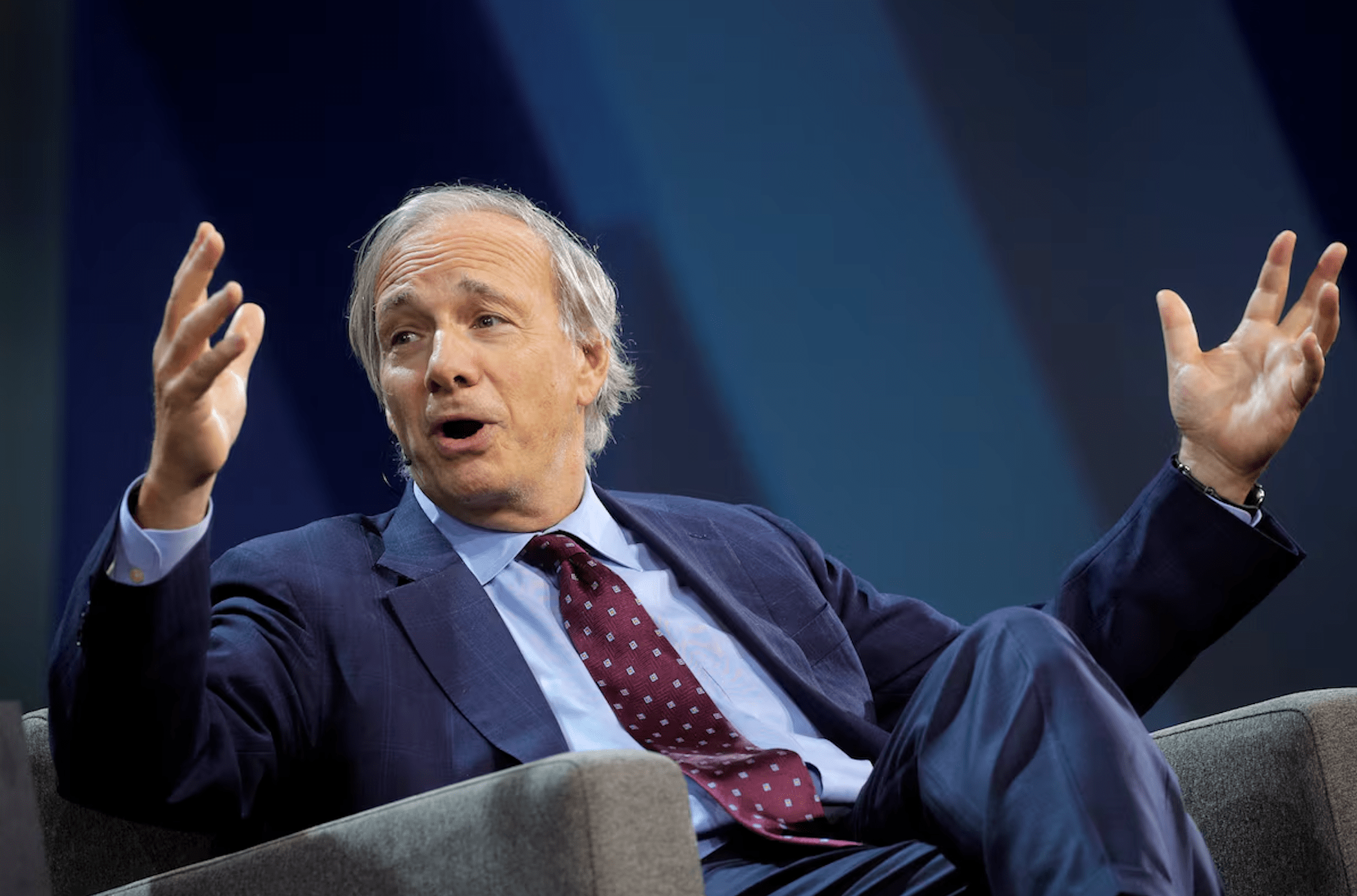
Wall Street has largely shrugged off Moody’s downgrade of U.S. debt, but billionaire investor and Bridgewater Associates founder Ray Dalio says the real danger lies beyond what rating agencies measure.
“You should know that credit ratings understate credit risks because they only rate the risk of the government not paying its debt,” Dalio said.
According to Dalio, credit ratings don’t account for the much greater risk that heavily indebted countries will print money to cover their obligations, eroding the value of bonds through currency devaluation.
Moody’s May 16 downgrade offered a scathing assessment of Washington’s fiscal outlook.
“Successive U.S. administrations and Congress have failed to agree on measures to reverse the trend of large annual fiscal deficits and growing interest costs,” the agency said.
The decision comes as the federal government continues to spend far beyond its means. Lawmakers have repeatedly kicked the can on fiscal reform, opting to fund programs the country can’t truly afford.
Bond market pushes back
As of today, federal debt stands at $36.2 trillion, with $28.9 trillion held by the public, according to Treasury Department data.
Dalio has long warned about America’s debt trajectory, cautioning that the U.S. is veering toward a dangerous fiscal cliff.
In April, he said Trump’s tariff policies and the rise of global powers like China could make the U.S. deficit unsustainable over time. Dalio, therefore, urged policymakers to cap the federal deficit at 3% of GDP.
Experts say the bond market is beginning to revolt against Washington’s fiscal stance, and Moody’s downgrade only added more fuel to the fire.
U.S. Treasury yields jumped to start the week, with the 10-year hitting an intraday high of 4.56% on May 19. The 30-year topped 5.03%, nearing levels not seen since before the 2008 crisis.
A sustained move above 5% would push the long bond past its 2007 peak, according to Bloomberg.
Much of the selling pressure appears to be coming from international investors who are “thinking twice before buying Treasury securities,” said Brian Rehling, head of global fixed-income strategy at the Wells Fargo Investment Institute.
“Thus, rates have moved higher,” he added
Franklin Templeton’s deputy CIO Max Gokhman warned that rising yields could further weaken the dollar and weigh on U.S. stocks. As optimism fades over the China trade truce, he said, bonds are unlikely to reverse course.
Your email address will not be published. Required fields are markedmarked